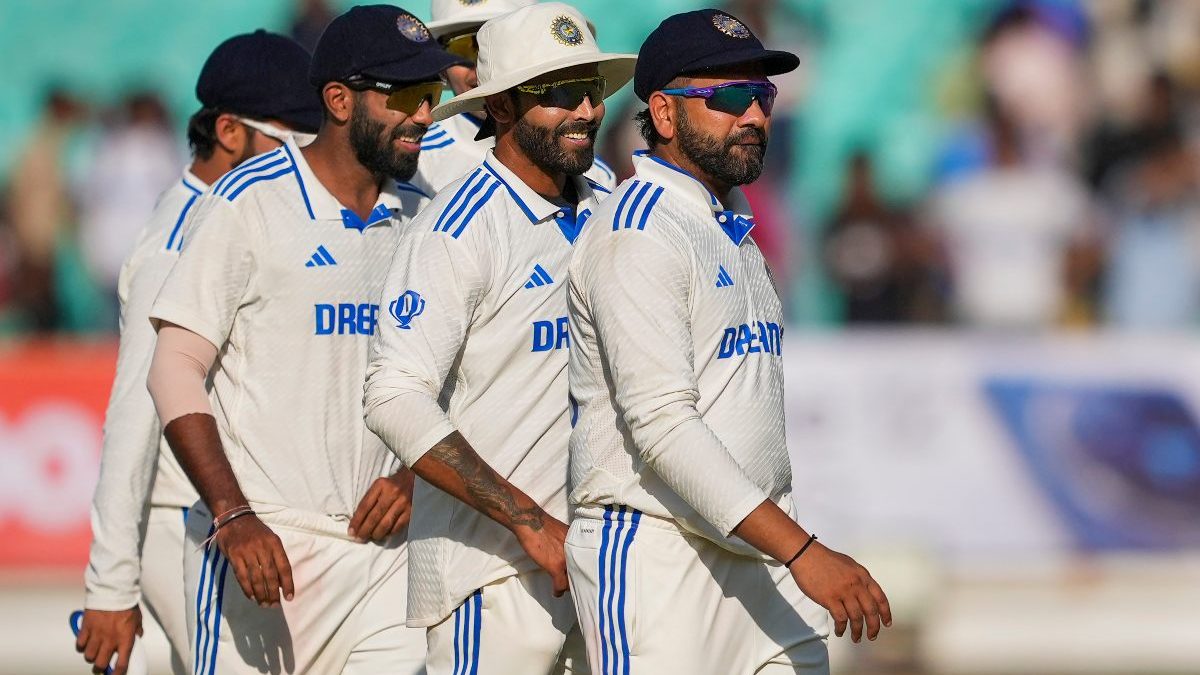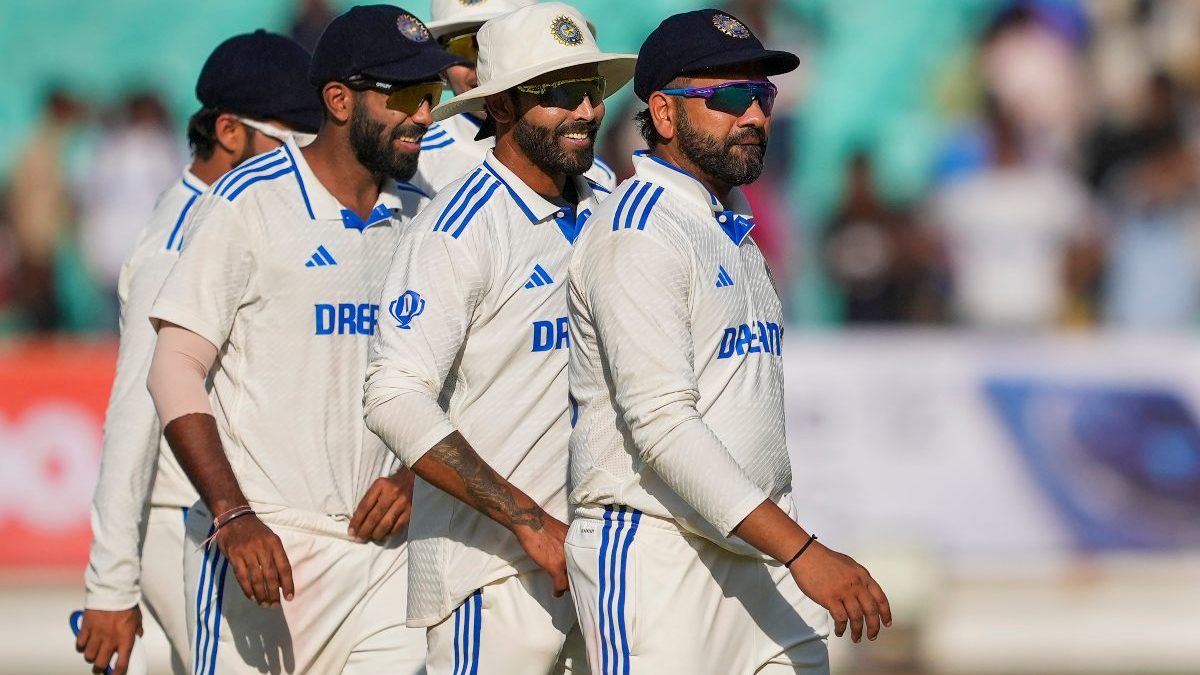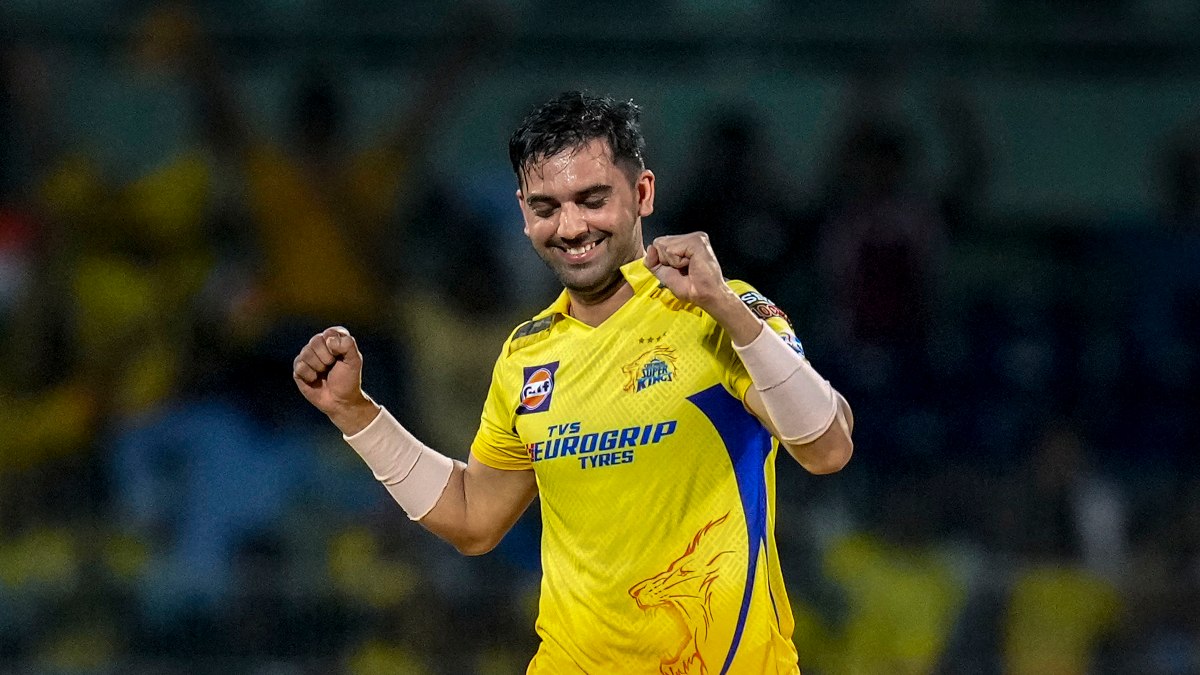The clichéd term, “glorious uncertainties of cricket”, may just have gotten a little less glorious and a little less uncertain.
Consider: if you want to know who will win the eleventh cricket World Cup, now underway in Australia and New Zealand, here are the probabilities: Australia have a 24 percent chance of taking the cup home, and South Africa 18 percent.
And what about our own team, MS Dhoni’s India? For most Indians, our cup of joy ran over after yesterday’s win over Pakistan, and no one is going to feel miserable if we don’t make it to the finals. But, just in case, you want more pleasure out of partisanship, the chances are we will at least make it to the last four. Apart from Australia and South Africa, India and Sri Lanka could make it to the last four.
Now, why are we sticking our necks out to make such predictions when even the first pool matches are not done with their surprises – barring the Irish win over West Indies?
Answer, Surjit Bhalla, normally a fixture in economic argumentation, and Ankur Choudhary, an investment consultant, have been moonlighting to produce what they believe is a statistical approach to predicting the outcomes of cricketing battles. Those predictions for the ongoing World Cup are from their book Criconomics, published by Rupa (Price: Rs 295).
Like Nate Silver, who made a career out of predicting baseball outcomes (and later presidential elections) by statistically studying the performances of hitters and pitchers, Bhalla and Choudhary have tried to analyse past performance data of players – batsmen, bowlers and teams (with allowances for pitch conditions in particular matches).
Bhalla and Choudhary have created the CricketX model to predict winners and losers in one-dayers based on past performances, and claim a 65 percent success rate. That means they get it right two out of three times. In World Cups, they claim a 72 percent success rate. This means they are right nearly three out of four times.
For India’s sake, we should hope they are right, for their model – based on performances upto November-end last year – shows India reaching the last four.
However, we should also hope they are wrong. Their model cannot explain unexpected upset victories by rookies, like India’s World Cup win in 1983 under Kapil Dev. To win this time, we have to cause some upsets on the way.
But beyond just predictions, Criconomics also gives its evaluation of the best and the brightest of all cricketing time.
No prizes for guessing the best one-day batsman: Viv Richards. Sachin Tendulkar comes second in CricketX’s all-time great rankings.
Among current players, AB de Villiers, MS Dhoni and Virat Kohli are the top three. This is why India is in with a chance, with two of the top three batsman in a game that is increasingly being dominated by batsmen.
Bowlers, in Bhalla’s reckoning, have got a raw deal in ODIs, thanks to field placement restrictions and the creation of more batting tracks. But, despite these handicaps, they rate Joel Garner (West Indies) and Glenn McGrath (Australia) as the best ODI bowlers ever.
Among current bowlers, James Anderson and Steve Finn (both England) top the league. The first Indian in the list is R Ashwin at No 9.
Richard Hadlee and Kapil Dev dominate the field in the all-time great all-rounders list.
This brings us to the ultimate question: who was the greatest captain of them all?
Well, it’s not MSD, who comes in at No 4. The best-est ever was the late Hansie Cronje of South Africa, followed by Clive Lloyd and Ricky Ponting.
Well, you don’t have to agree with Bhalla and Choudhary. But they do produce tantalising numbers. What fun can cricket be without statistics, damn uncertainties, and more statistics?






)
)
)
)
)
)
)
)